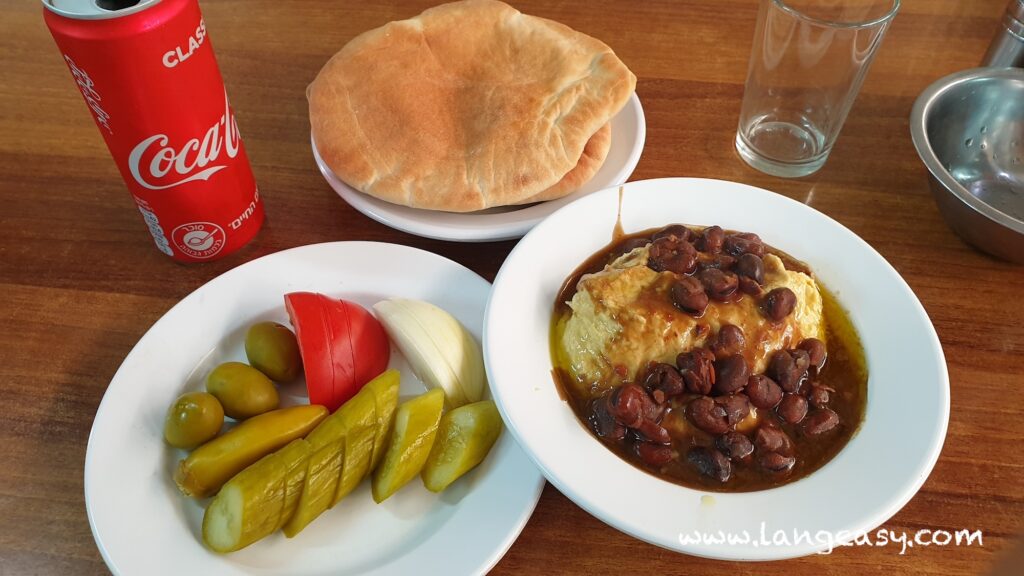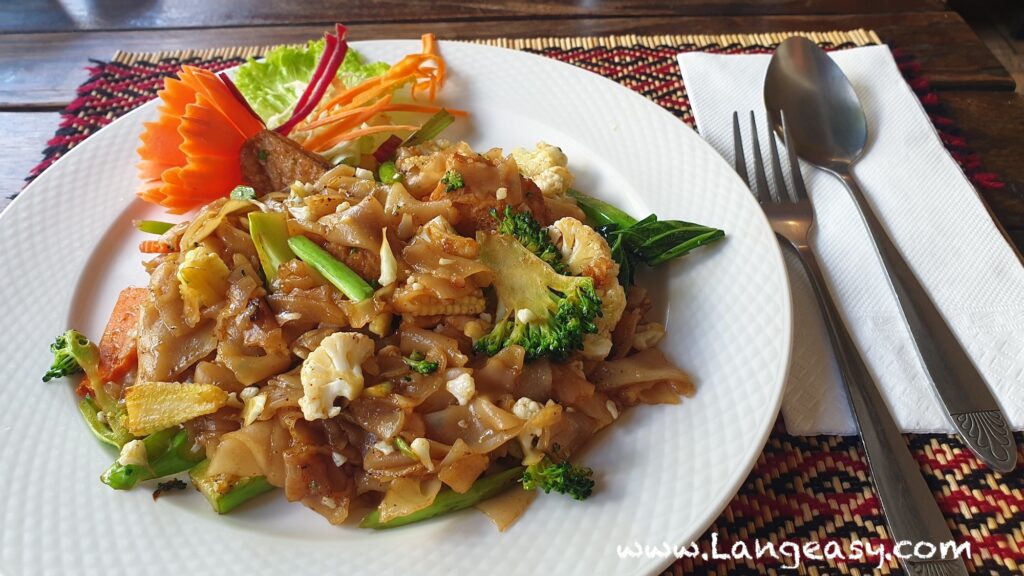- Page 1 : Veg Info
- Page 2 : Be Vegetarian or Vegan, that is the question
- Page 3 : Food sources for Proteins, Iron…
In the following tables you can find Vegetarian sources for nutrients that vegetarian people may be concerned about. My advise as a Vegetarian is not to be too calculative with that, but instead to try to diversify the foods so as to receive a little bit of everything that the body needs. Usually, you will naturally seek foods that are rich with proteins when your body needs it.
Some Vegetarian Food Sources for Proteins
Proteins may be the most important nutrient that vegetarians “lose” by not eating animals, but luckily there are other sources for proteins, especially if one is vegetarian and not vegan. See explanations about this issue in the first page.
- In this table, percentage of Proteins as total weight of product.
| Eggs | |
| Eggs | 14 % |
| Dairy | |
| Cow milk | 3 % |
| Goat milk | 6 % |
| Cheeses | 10 to 40 % |
| Parmesan cheese | 35 % |
| Gruyère cheese | 30 % |
| Cheddar cheese | 25 % |
| Camembert cheese | 20 % |
| Feta cheese | 15 % |
| Ricotta cheese | 11 % |
|
Beans
|
|
| Most beans | 25 % |
| Soy beans | 36 % |
| Lentils | 28 % |
| Tempeh (soy product) | 18 % |
| Tofu | 15 % |
| Soy milk | 6 % |
|
Nuts, Seeds, Cereals
|
|
| Peanuts | 26 % |
| Peanut butter | 24 % |
| Almonds | 21 % |
| Pistacho | 21 % |
| Nuts | 24 % |
| Cashews, hazelnuts | 15 % |
| Sunflower seeds | 22 % |
| Pecans | 9 % |
| Oat | 16 % |
| Quinoa | 13 % |
| Sesame butter, tahina | 17 % |
| Rice – brown | 9 % |
| Rice – white | 7 % |
|
Powders rich in proteins (for athletes…)
|
|
| Soy Protein Isolate | 80 % |
| Whey Protein Isolate (made from milk) | 78 % |
| Vegetables | |
| Chickpeas | 9 % |
| Peas | 5 % |
| Corn | 9 % |
| Fruits | |
| Fruits are low in Proteins | 1 % |
Remarks about the Protein table:
- All info was taken from the U.S National Nutrient Database for Standard Reference, you can search there for more foods.
- The number indicates the percentage of Proteins from the total weight of the product, note that some products are more easy to eat than others, it is easier to drink half kilo of milk than eat half kilo of almonds.
- The powders rich in Proteins for athletes, are products from which the water has been extracted, so it is no surprise that they contain a concentrated amount of proteins, usually you drink these powders with milk or water.
- The indicated amounts of proteins in the table are for raw food, when the food is cooked it looses a lot of its proteins. For instance cooked rice contains only 3 % of proteins, compared to 7 % when it is not. (See the Nutrient Database for the differences between cooked and not).
- Not all proteins are digested with the same efficiency by the human body. Eggs proteins are digested by the body at almost 100 %, but wheat gluten is absorbed only at 25 %. This value is called Protein Digestibility Corrected Amino Acid Score (PDAAS).
Some Vegetarian Food Sources for Iron (mineral)
(Foods with high content of Iron)
- The numbers, on the right column are for 100 gram of product.
| Soybeans | 3.55 mg |
| Lentils | 7.54 mg |
| Falafel | 3.42 mg |
| Sesame seeds | 14.55 mg |
| Pumpkin Seeds | 8.82 mg |
| Spirulina- dried | 28.50 mg |
| Spinach | 2.71 mg |
| Raisins | 1.79 mg |
| Spaghetti, whole-wheat, dry | 3.63 mg |
| Brussels sprouts, raw | 1.40 mg |
| Dried Peaches | 4.06 mg |
- The recommended intake of Iron for an adult male is 8 mg a day, for women 18 mg, for pregnant women 27 mg.
Some Vegetarian Food Sources for B12 (vitamin)
- The numbers, on the right column are for 100 gram of product.
| Egg | 0.89 µg |
| Milk | 0.36 µg |
| Cheeses | 0.3-1.0 µg |
| Yogurt | 0.50 µg |
- The recommended intake of B12 for an adult ranges from 2 to 3 µg per day
- B12 is found almost only in the animal world. B12 vitamin is also added artificially (fortified) in many industrial products like breakfast cereals, soy milk and yeast extracts.
- In case there is B12 deficiency, pills of it should be taken.
Some Vegetarian Food Sources for Zinc (mineral)
- The numbers, on the right column are for 100 gram of product.
| Cereals wheat germ, toasted, plain | 16.67 mg |
| Seeds, pumpkin and squash seed kernels, dried | 7.81 mg |
| Chocolate, dark, 60-69% cacao solids | 2.65 mg |
| Peanuts | 3.27 mg |
| Almonds | 3.08 mg |
| Cheese, mozzarella | 2.92 mg |
- The recommended intake of Zinc for an adult is 15 mg per day
Some Vegetarian Food Sources for Calcium (Mineral)
- The numbers, on the right column are for 100 gram of product.
| Milk, 1% fat | 125 mg |
| Yogurt, plain, skim milk | 199 mg |
| Cheese, mozzarella | 505 mg |
| Cheese, cottage, creamed | 83 mg |
| Cheese, gruyere | 1011 mg |
| Ice cream, soft serve, chocolate | 131 mg |
| Almonds | 267 mg |
| Beans, white, canned | 73 mg |
| Soybeans, green, cooked | 145 mg |
| Tofu, fried | 372 mg |
| Chickpeas (garbanzo), raw | 105 mg |
| Hummus, commercial | 38 mg |
| Oranges, raw | 72 mg |
- The recommended intake of Calcium for an adult is 1000 mg per day
- All cheeses like Blue, Brick, Cheddar, Edam, Gouda, Gruyere, Swiss, Mozzarela etc are very high in Calcium.
- There are in the market fortified products with calcium like fortified soy, almond, rice beverages, orange juice.
Some Vegetarian Food sources for Omega 3
- The numbers, on the right column are for 100 gram of product.
| Flax / Linseed oil | 58 gram |
| Walnut oil | 11 gram |
| Canola | 7 gram |
| Soybean oil | 7 gram |
| Wheatgerm oil | 7 gram |
| Flax / Linseeds | 20 gram |
| Pumpkin seeds | 8 gram |
- The recommended intake of Omega-3s is 220 mg per day (it varies a lot between organizations)
- Omega 3 is found mainly in Fish and sea food.
Remark: I have mentioned in the tables above some nutritients that vegetarians may be concerned about because they are abundant in animals and they are the most common deficiencies found in Vegetarian people, but :
- If you are vegetarian, it doesn’t mean that you lack these nutrients. (go for a medical check from time to time, to find out)
- The body needs a lot of vitamins and minerals and not only the ones mentioned above (the body needs Vitamin A, B, C, D…, minerals, fibers and more) so make sure to eat daily a lot of fruits, vegetables and cereals and to vary the diet.
Where can I find books and videos about Vegetarianism ?
First, I would like to recommend 2 books that are not treating directly with vegetarianism but are about the history and future of humankind. In these books, the author, Yuval Harari, puts our relationship with other animals in context. The author is vegan himself. These are best sellers, very interesting books : Sapiens: A Brief History of Humankind and : Homo Deus: A Brief History of Tomorrow
.
You should also read the best seller Eating Animals from the famous writer Jonathan Safran Foer.
Next you should watch the famous video of the animal right activist, Gary Yourofsky. This video has been translated into several languages and the lecture is notorious around the world. See also Gary Yourofsky website. for a lot of information about vegetarianism.
The largest animal rights organization in the world – Peta.
You can find endless sites with Vegetarian recipes. Just for example : VegWeb, Veganyumyum, Mouth Watering Vegan.
Return to Page 1 : Vegetarian Info 
 Veg :
Veg :
- Page 1 : Veg Info
- Page 2 : Be Vegetarian or Vegan, that is the question
- Page 3 : Food sources for Proteins, Iron…
 On Cities and Countries :
On Cities and Countries :
 Other Stuff :
Other Stuff :
- What to Pack ? the visual list that will help you prepare the suitcase.
- Dancing Salsa – Info for Beginners
- Listen to nice Songs with translation in French, Spanish, Italian, Hebrew.
- Listen to basic Words In Spanish, French, Hebrew
 If you find incorrect data on this page, like a restaurant that has closed or a big river that has moved or you want to tell me something, please write me to contact.
If you find incorrect data on this page, like a restaurant that has closed or a big river that has moved or you want to tell me something, please write me to contact.



